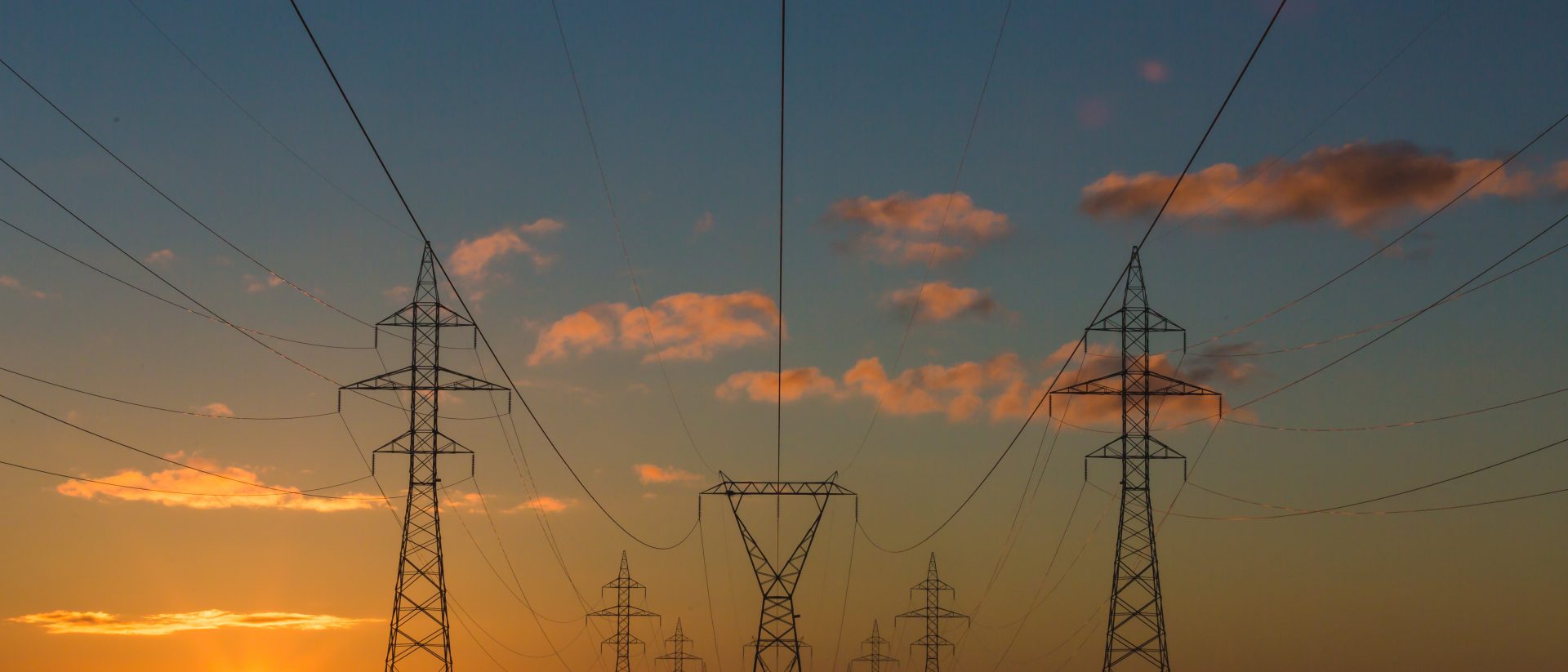New definition for energy storage must be a ‘stopgap measure’ only
REA Press Release
- Ofgem, the energy regular, releases decision on the longstanding industry issue of a definition for energy storage
- Storage critical for the decarbonisation of the electricity sector and integration of more renewable energy
- Industry brands decision ‘underwhelming’ amid concerns that the definition proposed will not result in the value of storage to the energy system being fully reflected
Today Ofgem has released its decision on clarifying the regulatory framework for electricity storage. Over the past two years the electricity storage sector has strongly argued for a definition that recognises storage technologies, from batteries to compressed air systems, as their own asset class in primary legislation such as by amending one of the past Energy Acts.
Ofgem has instead confirmed that they will define storage as a subset of electricity generation and amend the generation license accordingly. This is in line with their ‘minded to’ position earlier this year.
Whilst the sector welcomes clarity about how storage will be treated, it is concerned that the definition will not fully realise the full benefits that storage and flexibility offer to the electricity system.
Frank Gordon, Head of Policy at the REA said:
“Whilst Government has made progress over the past year on creating an enabling environment for electricity storage, the sector is underwhelmed by today’s decision to not define storage as its own asset class in primary legislation.
“Classifying storage as a subset of generation should only be seen as a stopgap measure until parliamentary time allows for a more thorough review. We maintain that electricity stored is different to electricity generated, and that energy storage comprises more than just electricity-based systems and therefore needs a broader definition.
“What is needed now is for Ofgem and BEIS to take a more active leadership position to develop markets for grid flexibility and ensure that the value of storage is properly recognised in the grid codes that govern the system.”
—ENDS—
For more information or to request an interview, please contact:
- Suzanne Heneghan
- External Affairs Manager
- [email protected]
Notes to editors
- The Ofgem decision can be found here: https://www.ofgem.gov.uk/publications-and-updates/decision-clarifying-regulatory-framework-electricity-storage-changes-electricity-generation-licence
About the Association for Renewable Energy and Clean Technology (REA)
The Association for Renewable Energy and Clean Technology (known as the REA) is the UK’s largest trade association for renewable energy and clean technologies with around 550 members operating across heat, transport, and power. The REA is a not-for-profit organisation representing fourteen sectors, ranging from biogas and renewable fuels to solar and electric vehicle charging. Membership ranges from major multinationals to sole traders.
For more information, visit: www.r-e-a.net
About the REA’s Energy Storage Forum
The REA’s Energy Storage Forum is the UK’s largest representative body for the energy storage sector, representing over 100 companies providing flexibility services to the UK energy system. Members include those operating in the domestic, commercial, and grid-scale markets, at all durations, using technologies ranging from batteries to pumped hydro.

